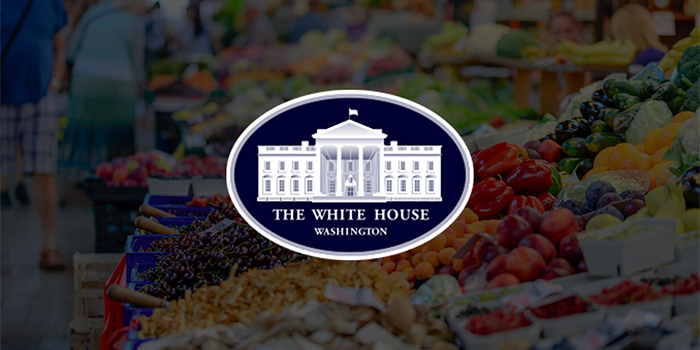How A Government Shutdown Could Impact The Food Industry

With the U.S. House of Representatives facing a Sunday deadline to pass an appropriations bill to keep the government funded and running, a federal government shutdown is looming. The ripple effects are expected to be felt across all levels of the U.S. economy, but what does this mean for CPG?
Currently, over 2.8 million Americans work for the federal government. During the most recent, but partial, shutdown in late 2018, all of those workers went without any pay for 34 days and nearly 800,000 of those workers never received back pay. The Congressional Budget Office estimated the U.S. economy lost $3 billion as a result of the impasse.
Business Impact
Small business owners have historically been among the first to feel the effects of federal impasses. According to a report from Goldman Sachs this week, 70% of small business owners believe their business will feel negative effects if the government shuts down and 93% of that cohort believe their revenues will decline as a direct result.
Food Assistance
The most immediate impact will be felt by the millions of Americans that rely on government funded food programs like the Supplemental Nutrition Assistance Program (SNAP) and the Special Supplemental Nutrition Program for Women, Infants, and Children (WIC) .
SNAP recipients will receive their October benefits even if the shutdown occurs, but if it drags past Halloween, it remains uncertain whether emergency funds will be available. WIC funding, which is overseen by the U.S. Department of Agriculture (USDA), is expected to dry up within days of a shutdown meaning the 7 million mothers and children that currently rely on the supplemental nutrition program will be without benefits. Per White House data, 1.7 million WIC recipients reside in California and Texas alone – the two states with the largest economies in the U.S.
Regulatory and Food Safety
On the regulatory front, U.S. Food and Drug Administration (FDA) offices won’t go totally dark, but workers deemed non-essential will likely be furloughed as early as next week and routine food processing facility inspections will be put on hold. Approvals for novel ingredient uses like Generally Recognized As Safe (GRAS) designations as well as pending guidance will likely be further delayed as a result.
Depending on how long the closure draws out, the FDA has previously called workers back for routine inspections, but without any pay. The USDA’s Food Safety and Inspection Service (FSIS) will continue to monitor meat and poultry facilities as those functions are deemed essential.
















